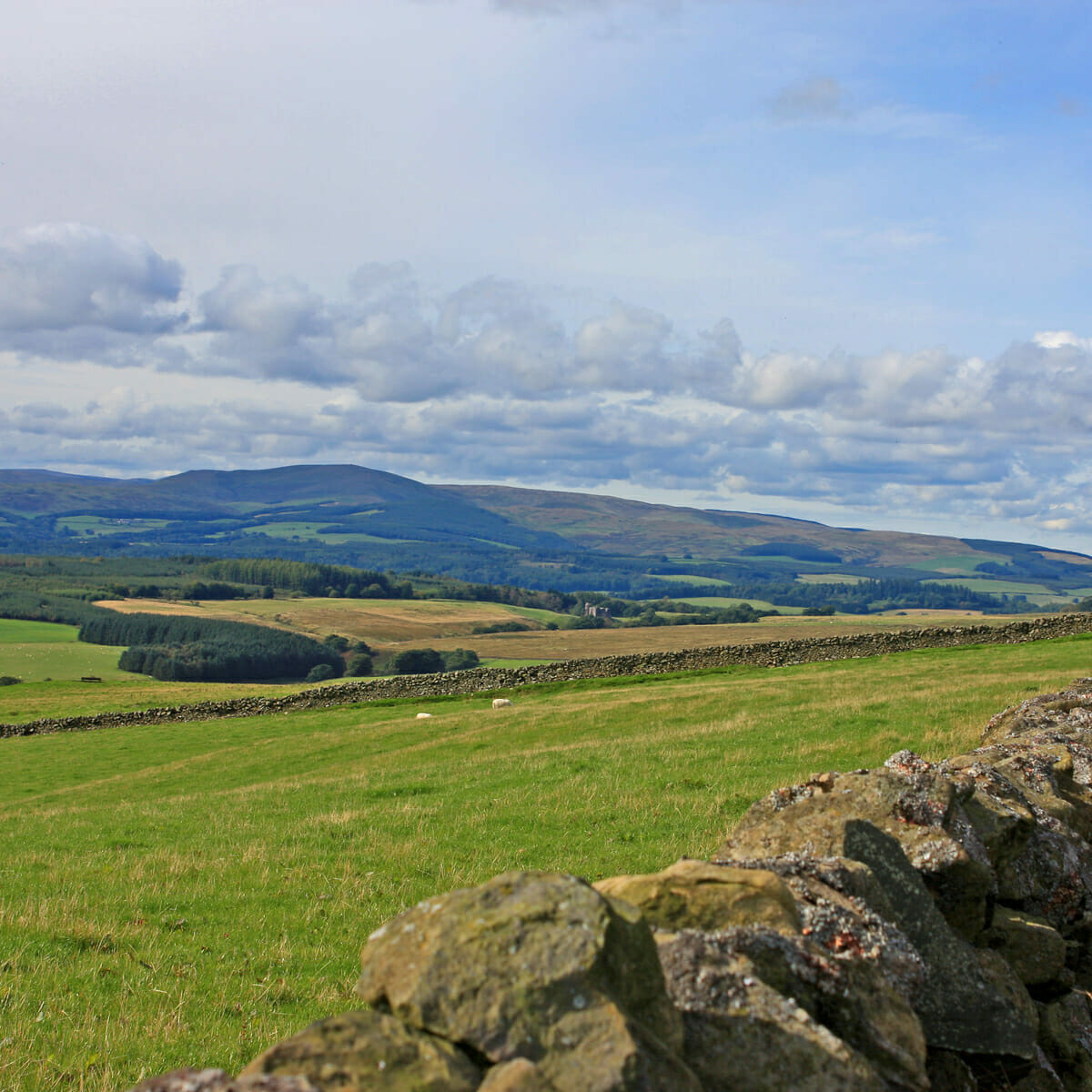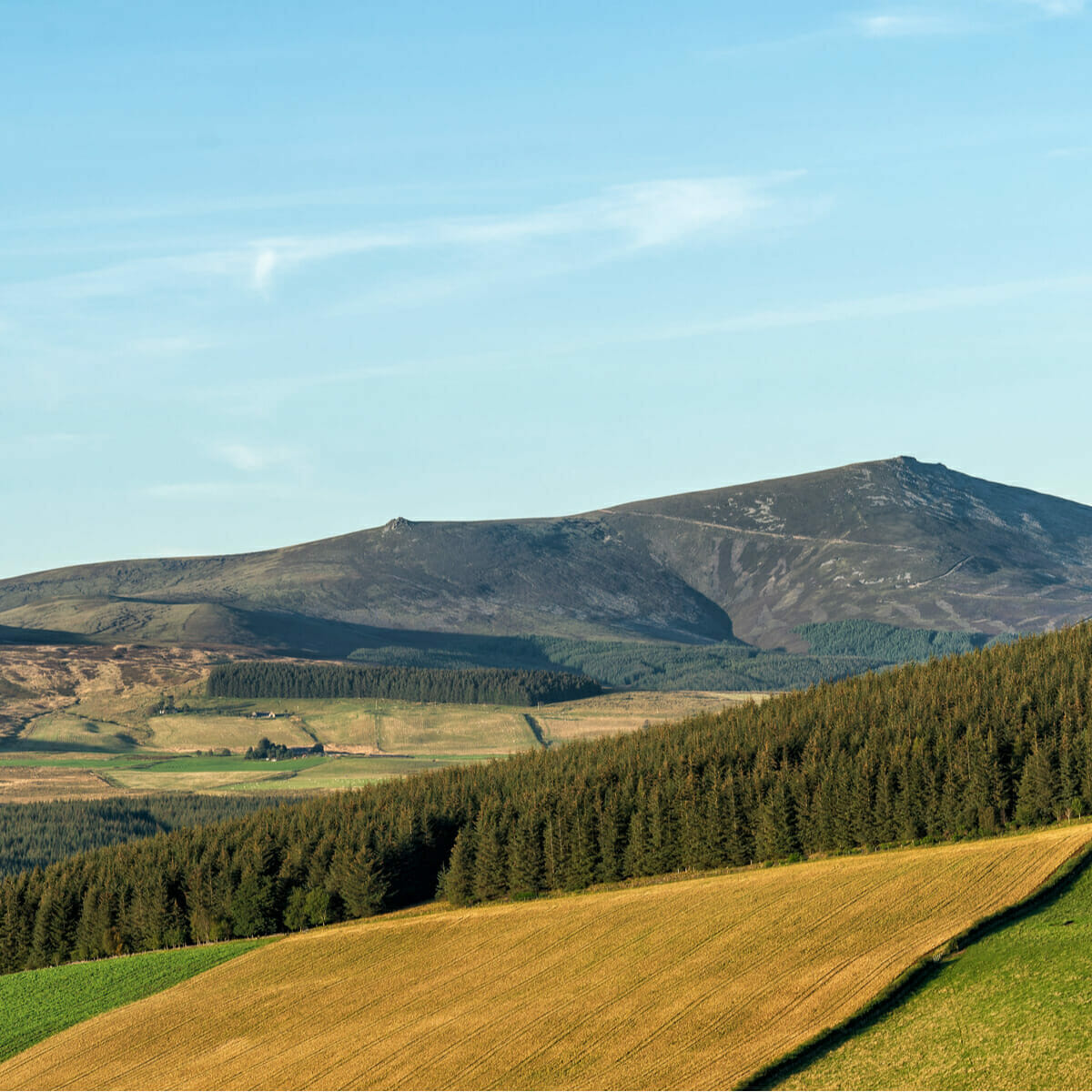This is the biggest of all the regions, and naturally that means it offers the greatest variety of whisky in terms of style. If you go towards the west, you’ll discover the drams are less peaty but you can detect a drop of smokiness. One thing that unites all the Highland whiskeys is they start off sweet and finish with a touch of dryness.
Travelling north, you’ll find the local soil and coastal environment playing a part in the whisky notes. Light-bodied, a little spicy, a dry finish, and a tiny bit salty – these are the words that’ll spring to your palate as you tuck into these tipples.
From rich and earthy to aromatic and soft, Highland distilleries produce wide varieties of flavours and character. Here you can discover the heavier, coastal, salty malts as well as the more tender, lighter whiskies. The diverse range means Highland distilleries can cater to all kinds of palates and preferences.
Traditionally, there have been two different styles of Highland whisky. You’ve got the older type which used small pot stills and a Viking barley, and you also have the newer form which is creamy, fruity, floral and sweet. The former was bold, big-bodied and peaty – a real contrast to the tones we mostly associate with this region now.
Some of the biggest and most recognisable names have their origins in the Highlands – Glenmorangie, Oban and Dalmore, for example. It’s a real juggernaut of a region, producing nearly 25% of Scotland’s total malt whisky output.

Typical Characteristics
- Fruit Cake
- Malt
- Oak
- Heather
- Smoke
- Dried Fruit





